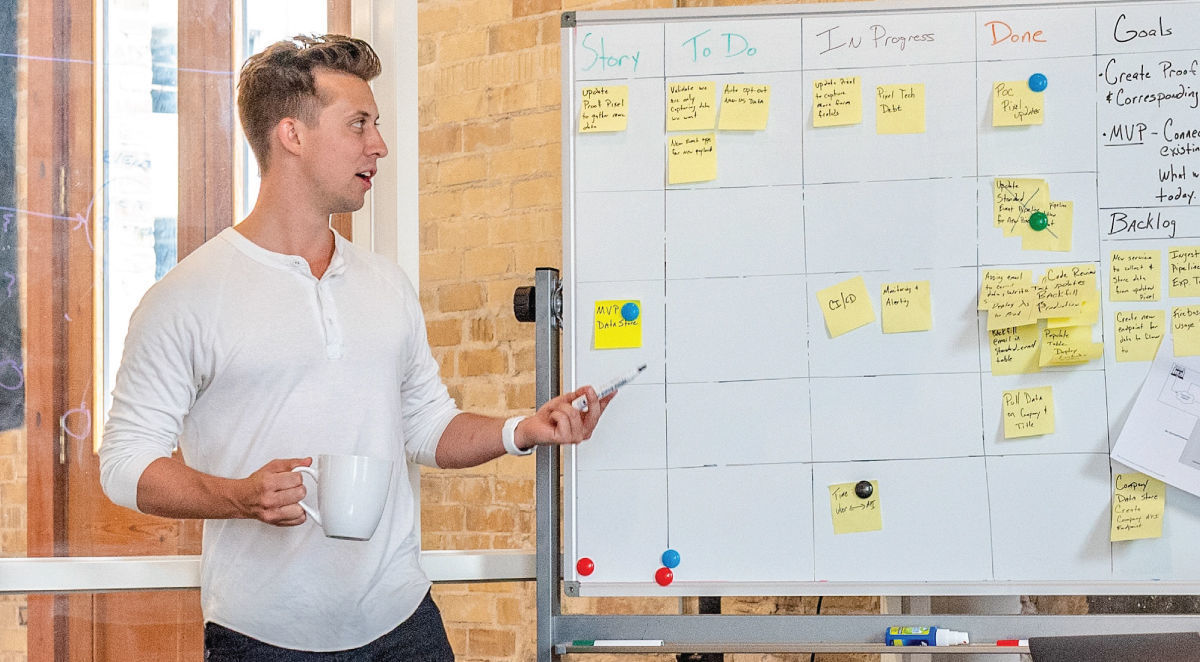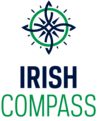Consulting

Consulting
Consulting is a massive, international industry. It spans human resources, business advisory services, information technology, operations management consulting, health care administration, education and many other fields. Consultants provide expertise to organizations to help them maximize profits or effectiveness and keep them running smoothly. They are professional "problem-solvers for hire."
The consulting industry appeals to many students since it often hires from across academic disciplines. However, it’s also very broadly defined, which can pose a problem for students looking to navigate to their best fit of firm and practice area. A variety of organizations use consultants for a variety of projects, so there is no “typical” case and no "typical" consultant.
The field tends to be team-based and often requires working long hours. Projects can last anywhere from a few short weeks to years depending on the nature of the project and the client's goals. The consultant lifestyle is client-focused and often involves traveling to the client site during the week and then working remotely or from the consultant’s home city office on Fridays. The amount and frequency of travel can vary by firm and by project. Besides travel, one of the reasons many students are interested in consulting is that it oftentimes gives them exposure to senior-level executives and allows them to explore a variety of fields.
Job Title Examples:
Skills Needed:
- Problem solving and analytical skills
- Critical thinking skills
- Leadership and team based skills
- Communication skills
- Project management
Find Opportunities

Using IrishCompass, LinkedIn, and Notre Dame's Alumni Association directory, myND, is the best way to start on the networking front.
Job Databases:
Please note, it’s common for companies in this industry to post directly to their own website’s employment pages. It’s recommended to also check these, in addition to Handshake, for opportunities.
Industry Timeline
Most opportunities and interview processes will begin opening up in the summer and will run throughout the fall semester. Firms are likely to be on campus, but some do recruit from afar. Spring recruiting fluctuates annually based on strategic hiring goals and hiring rates from the previous fall. Many firms will return to campus in the spring semester to both look for immediate candidates and source new talent for the next recruiting cycle.
Applying and Interviewing
Resumes
Your resume will often be the first impression for a potential employer. You want to make sure that your resume is concise, direct, and specific. Ensure that your resume is tailored for the position and for the industry. See below for resume tips.
- Make sure each experience description ties directly to the individual's impact. Students should write descriptions that feature their contributions and direct involvement in the organization. Background context on the organization's goals or activities may be included, but should not be the focus of the content.
- Where possible, quantify impact. Students should include numbers in each description to provide context for the reader to understand the full scope of the experience. For instance, a student may include the total dollars raised when fundraising, the number of students served during a service project, or measured improvement in productivity. These details add scale and provide a clearer image of the student's involvement.
- General resume tips still apply. Keep the resume to one page and put the most recent & relevant experiences at the top. Use active voice to describe activities, and use the present tense for current roles and past tense for completed.
- Review our guide on resumes for more information on how to construct one.
Cover Letters
A cover letter introduces you to a potential employer. Use the position description to make specific connections between your skills and experience and what the organization is looking for in a candidate. The cover letter should be concise and well-written—if a potential employer reads your cover letter and is intrigued, they will then read your resume. Your cover letter should not repeat your resume verbatim, but enhance it. Together the cover letter and resume can help land you an interview. Review our guide on cover letters for more information on how to construct one.
Interviewing
Most interviews will contain a mixture of resume-based questions (questions about your past experience) and behavioral-based questions (your ability to handle prospective situations at work..."Tell me about a time when you solved a problem"). Most positions will begin with an interview that has a mix of these questions.
The cornerstone of the consulting interview process is the case interview. Case interviewers want to see how you process information, manage priorities, and if you ask the right questions. The goal is not to simply provide a solution to the problem at hand but rather to showcase your process and ability to do so logically, methodically, and creatively.
Preparation is extremely important. Research the company/organization, current and previous projects they’ve worked on, and even the people who are interviewing you. This will not only help provide talking points and help you develop questions to ask the interviewers, but also show your knowledge and genuine interest in the position. Develop 6-8 stories in the STAR Technique to prepare for behavioral interview questions. There are various interview formats: phone, virtual, and in-person.
The case interview is often considered the biggest hurdle for consulting candidates. Its purpose is to test students on the skills necessary for the role as the process mirrors the foundation of the consulting profession. Utilize Consulting Connect's resources to practice for the case interview.
Case Interview Preparation:
- Official ND Case Book
- Consulting Connect (Notre Dame Resource & Newsletter)
- ND Case Repository
- Management Consulted
- AceTheCase.com
- CaseInterview.com
- CaseInterview.com (Look Over My Shoulder)
- Mastering the Case Interview
- Vault Guide to Case Interviews
Online Resources
Professional Associations:
- DECA
- Enactus
- Students Consulting for Nonprofit Organizations (SCNO)
- CaseInterviewMath.com
- ThatQuiz.org
Books:
- Case In Point by Marc Cosentino
- Case Interview Secrets by Victor Cheng
- Crack the Case: How to Conquer your Case Interviews by David Ohrvall
Practice:
- Bain and Company Practice Cases
- Boston Consulting Group Cases
- Deloitte Practice Cases
- McKinsey Practice Cases
- Oliver Wyman Practice Cases
- Slideshare on Case Interviews
Campus Resources
Career Counselor:

Sara Iannone
Assistant Director, Consulting & Data Science/Analytics
Schedule an Appointment
Student Clubs:
- Consulting Connect
- Student International Business Council (SIBC)
- Students Consulting for Non-Profit Organizations (SCNO) - Notre Dame
- Unleashed Social Ventures
Employer Examples:
- McKinsey & Company
- Bain & Company
- Boston Consulting Group
- Huron Consulting Group
- Booz Allen Hamilton
- Protiviti
- Accenture
- Deloitte
- PwC
- Charles River Associates
- LEK Consulting
- Pariveda Solutions
- HealthScape Advisors
- West Monroe Partners
- EY
- KPMG
*This list provides a sample list of employers and should not be considered complete or exhaustive.
Join Handshake:
Personalize your feed, explore your curiosities, and get updates that matter to you. Handshake is a dynamic system that works to match students with the most relevant resources and opportunities offered by our office including:
- Access to personalized job recommendations – This is based on major, career interests, and profile information such as skills and experiences. When students fill out their profile, they’ll be able to see jobs and internships that match their interests and skills.
- Ability to schedule one–on–one counseling appointments – Counseling appointments are able to be scheduled through Handshake and held virtually via Zoom.
- Ability to interact with employers – Students can research contact information for local and national employers. Employers can also message students with opportunities and information.
- Connect with students across the country - Students can interact with their peers through messaging, get tips and advice, as well as network.
- Search for and apply to open positions - On Handshake, students can see jobs and internships posted specifically for them as well as employers actively recruiting from Notre Dame.